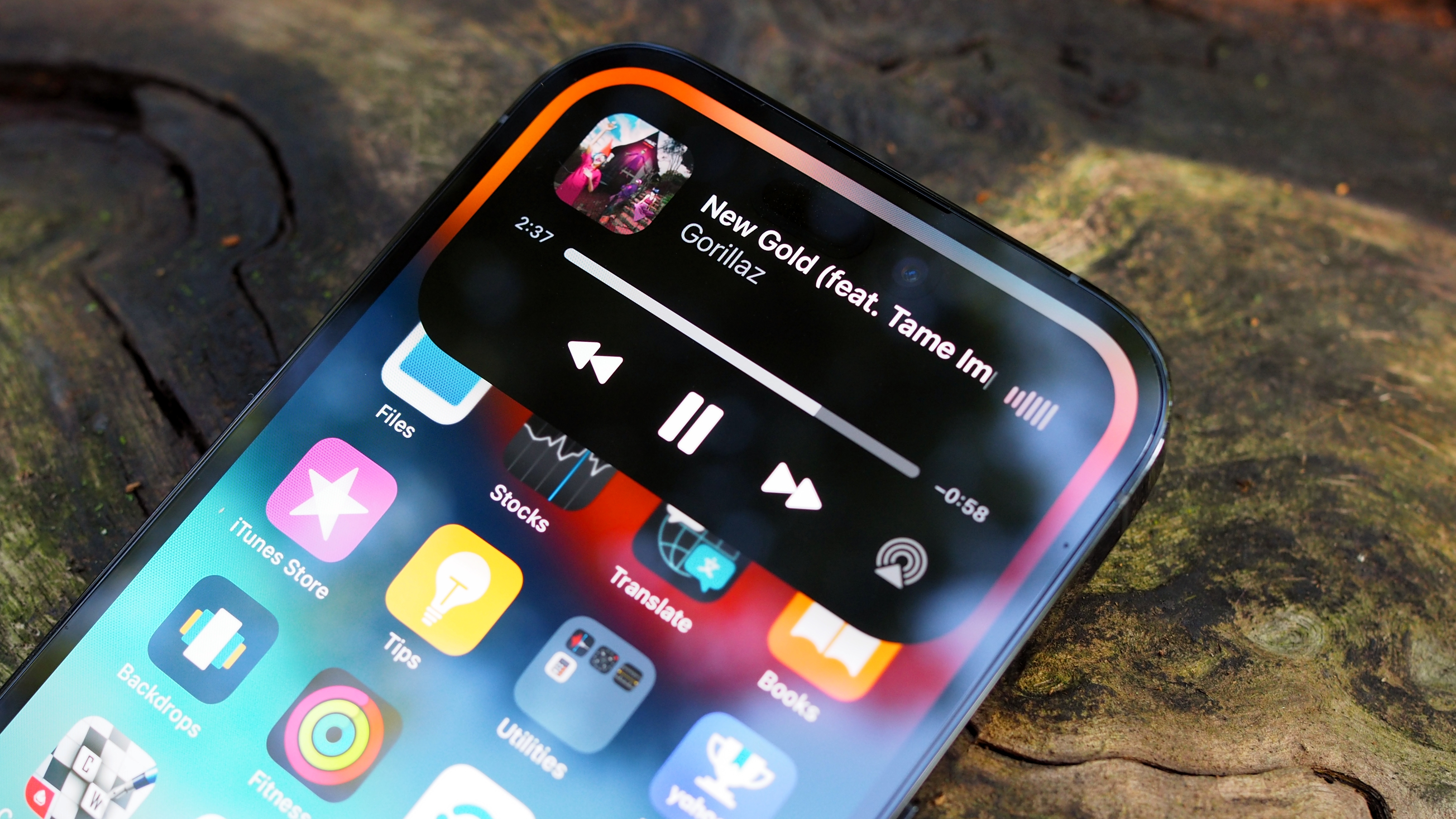
Apple is widely expected to launch a new and improved version of its iPhone software, iOS 17, at this June’s WWDC 2023 event. Like clockwork, a yearly upgrade to the iPhone’s software feature set debuts at the annual developer conference, giving devs an overview of the new tricks and tools they’ll be able to build into their services and applications. But iOS 17 could mark a fundamental shift for the company, as it seems on the verge of opening up its smartphone to third-party app stores for the first time.
Reliable Apple tipster Mark Gurman states in his Power On newsletter that the ability to ‘sideload’ apps — pushing applications to devices from outside Apple’s official App Store — will be made possible due to new European Union regulations that Apple must comply with by next year.
The idea is to allow for more competition when creating applications for Apple’s dominant mobile devices, without being subject to Apple’s 15 to 30% fees (in theory) as part of the EU Digital Markets Act. Apple must comply by March 6, 2024, which makes WWDC the perfect time to reveal how the feature will work — even if it waits until the last minute to actually make the feature live. With this being an EU ruling, Apple has no obligation to follow suit elsewhere in the world, though if it proves popular other governments may feel obliged to implement similar rules.
Beyond the App Store
It’s not just the App Store that will be affected by the Digital Markets Act change. Messaging services like Messages and FaceTime will need changes as the new rules require interoperability between rival messaging platforms. Apple Pay alternatives using the NFC tech in iPhones, as well as more open access to the Find My Network for accessory and app makers, could also be forced upon Apple.
One of the most significant changes though also involves a requirement to allow for third-party payment systems within apps, bypassing Apple’s finance systems altogether. Should Apple not comply with the proposals of the Digital Markets Act, it can be fined as much as $80 billion — 20 percent of its overall revenues across the globe, and a hard fee to absorb even for a company as wealthy as Apple.
Apple’s defense against side-loading has always been the security of its devices and users — by keeping everything locked to Apple’s own in-house systems, it believes it can better protect the privacy of its customers, who may be exposed to hacks and scams if third-party sources don’t adhere to the same standards as its App Store. That battle may become moot however in the coming months, as Apple has little wriggle room but to follow the EU’s ruling, should it wish to continue trading in the market.







